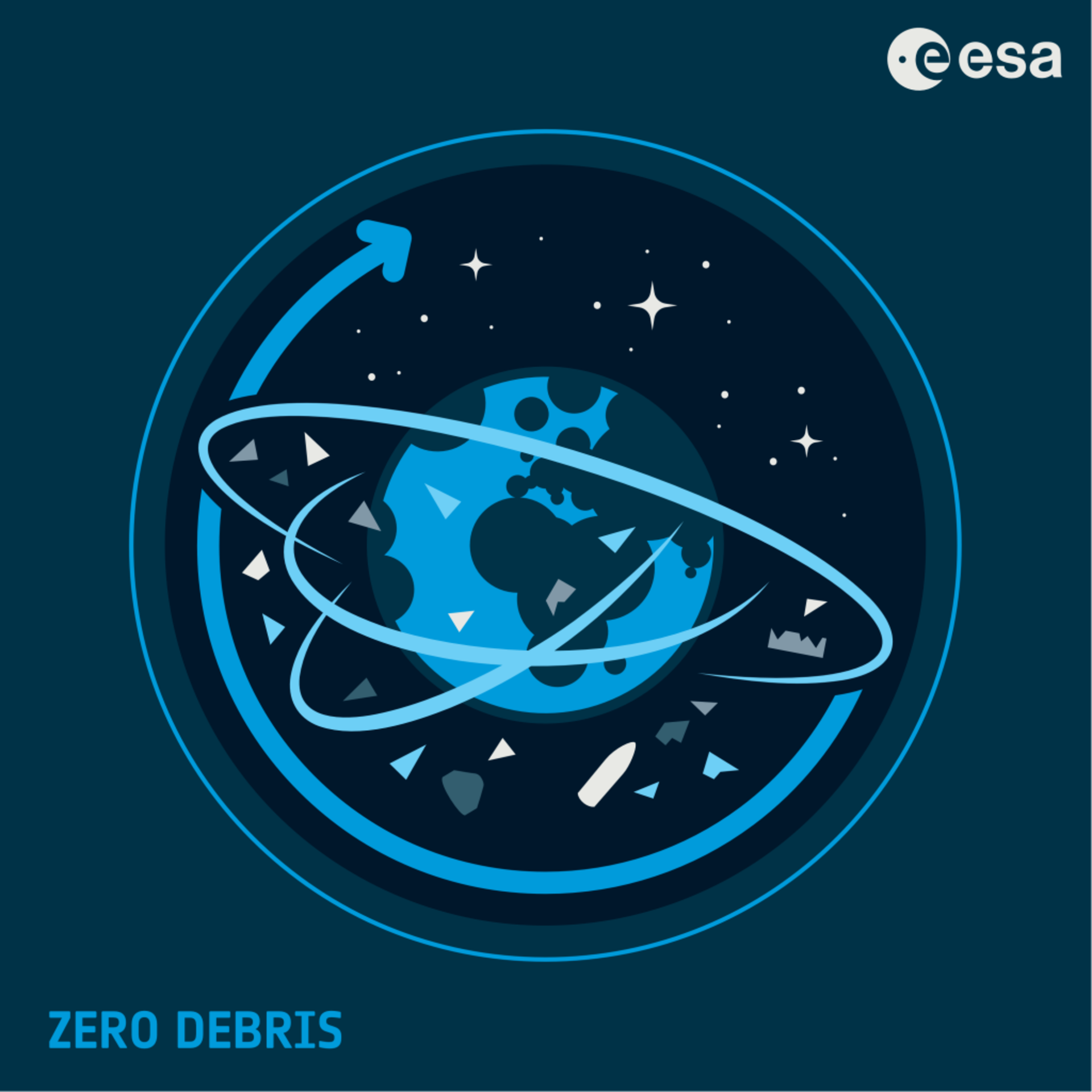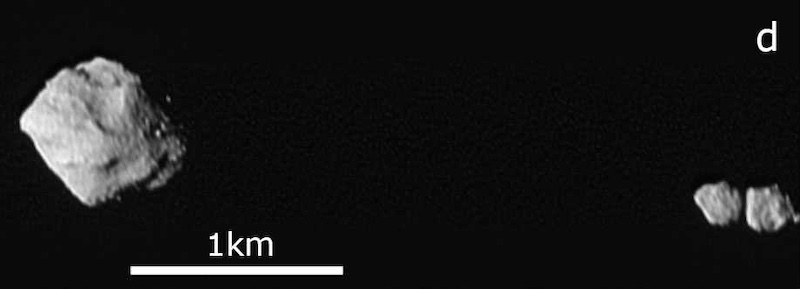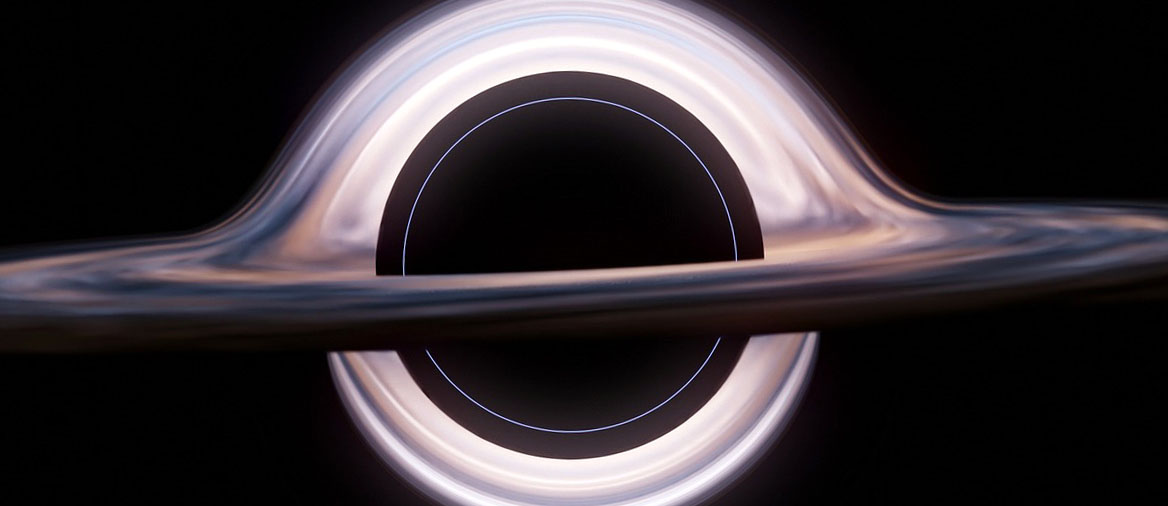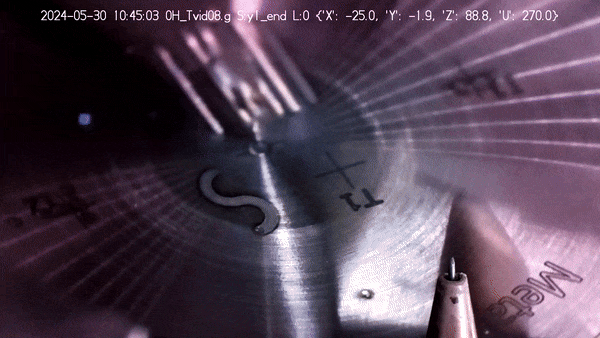Space Safety
06/06/2024
81 views
3 likes
More than 40 companies, research centres and international organisations signed the Zero Debris Charter at the Berlin International Airshow (ILA) today, confirming their dedication to the long-term sustainability of human activities in space.
More than 40 companies, research centres and international organisations signed the Zero Debris Charter at the Berlin International Airshow (ILA) today.
The Zero Debris Charter, unveiled at the ESA Space Summit in Seville in November 2023, is a world-leading initiative aiming for future missions to become debris neutral in space by 2030.The space community has shown robust support for the Zero Debris Charter initiative. Together with ESA, twelve European countries were recently the first to sign the Zero Debris Charter at the ESA/EU Space Council in Brussels. Over 100 organisations worldwide have registered their intent to sign and join the collaborative effort in the coming months – dozens of them signing the Zero Debris Charter today.
“It is critical to protect the future of our most valuable and crucial space assets by keeping Earth’s orbits clear from debris. By jointly signing the Zero Debris Charter, the diverse entities demonstrate global leadership in space debris mitigation and remediation,” says Josef Aschbacher, ESA Director General.“The European space sector leads by example and by taking this step collectively, we gain a crucial momentum towards achieving Zero Debris by 2030.”
Evolution of the launch traffic near Low Earth Orbit (LEO) per mission type. ESA’s 2023 Space Environment Report.
More satellites have been launched in the last two years than during the entire six decades of space exploration. If quick and decisive action is not taken to improve the sustainability of space activities, the exponential growth of the debris population will pose an ever-increasing hazard to satellites and astronauts and could render some valuable orbits entirely unusable.“In recent years, the number of debris in space has spiralled, increasing the risk of catastrophic damage to space assets. Today, as a united community, we are sending a strong signal that the space sector is ready to act,” says Holger Krag, ESA Head of Space Safety.“The Zero Debris community is committed to get hands-on with debris mitigation standards and technologies to make the clean and sustainable use of space a reality.”
Zero Debris at ESA
At its Ministerial Conference in 2022, ESA was encouraged by its Member States to implement “a Zero Debris approach for its missions; and to encourage partners and other actors to pursue similar paths, thereby collectively putting Europe at the forefront of sustainability on Earth and in space, while preserving the competitiveness of its industry.”
ESA’s own Zero Debris approach is the agency’s large-scale revision of its internal space debris mitigation requirements to become debris-neutral by 2030. The approach will rely on debris mitigation and remediation technology developed by ESA’s Space Safety Programme.The Zero Debris Charter is a broader community-driven and community-building initiative for the global space community. Facilitated by ESA’s ‘Protection of Space Assets’ Accelerator and collaboratively developed by more than 40 space actors, the Charter contains both high-level guiding principles and ambitious, jointly defined targets to enable the space community to achieve the goal of Zero Debris.
Next steps for the Zero Debris community
There will be more signing opportunities for organisations that registered their intent to sign during the Industry Space Days as well as other events.The goals and guiding principles of the Zero Debris Charter are being translated into actionable and measurable technical targets. New technologies that are required to achieve the ambitious Zero Debris targets will be developed.
At the request of the community, ESA is facilitating the creation of a Zero Debris Technical Booklet. Workshops will be conducted with volunteers to collaboratively develop the Zero Debris Technical Booklet, which will be a comprehensive compilation of the needs, technical solutions and contributions collected through crowdsourcing within the Zero Debris community.Click here to learn more about the Zero Debris Charter, its goals, the development process, and how to register your organisation’s intent to sign.
Today’s Zero Debris Charter signatories
Airbus Defence and Space
Aldoria
Alpine Space Ventures
Amazon Project Kuiper
Association of Space Explorers
Astareon
Astroscale Limited
Avanti Communications
German Aerospace Industries Association (BDLI)
Centro Italiano Ricerche Aerospaziali (CIRA)
ClearSpace
CS GROUP
Dawn Aerospace Nederland B.V.
D-Orbit S.p.A
DSI Aerospace GmbH
European Southern Observatory (ESO)
European Space Policy Institute (ESPI)
Exolaunch
GMV
GomSpace A/S
HPS GmbH
Infinite Orbits SAS
Institute of Materials and Machine Mechanics,p.r.i, Slovak Academy of Sciences
Institute of Space Studies of Catalonia (IEEC)
KINETIK Space
LETO SPACE GmbH
Nautilus – Navigation in Space
NGO Cosmos for Humanity
OHB SE
OKAPI:Orbits
Orbit Fab
Orbit Recycling
Redwire Space
Safran
SME4SPACE
Space scAvengers
SPACETUG
TelePIX
Thales Alenia Space
Way4Space
3S Northumbria Ltd
Find the list including future signatories here.
Like
Thank you for liking
You have already liked this page, you can only like it once!




